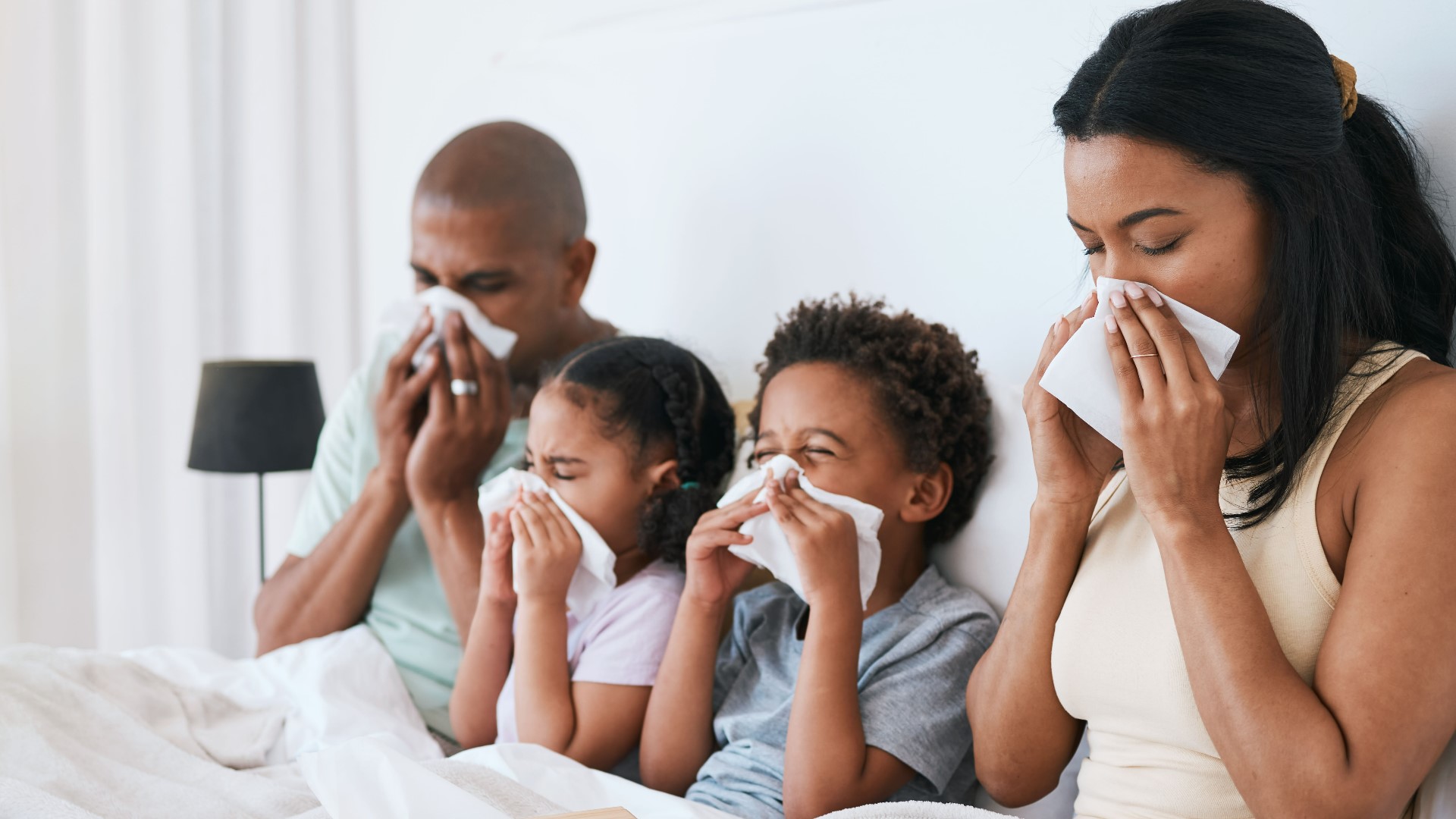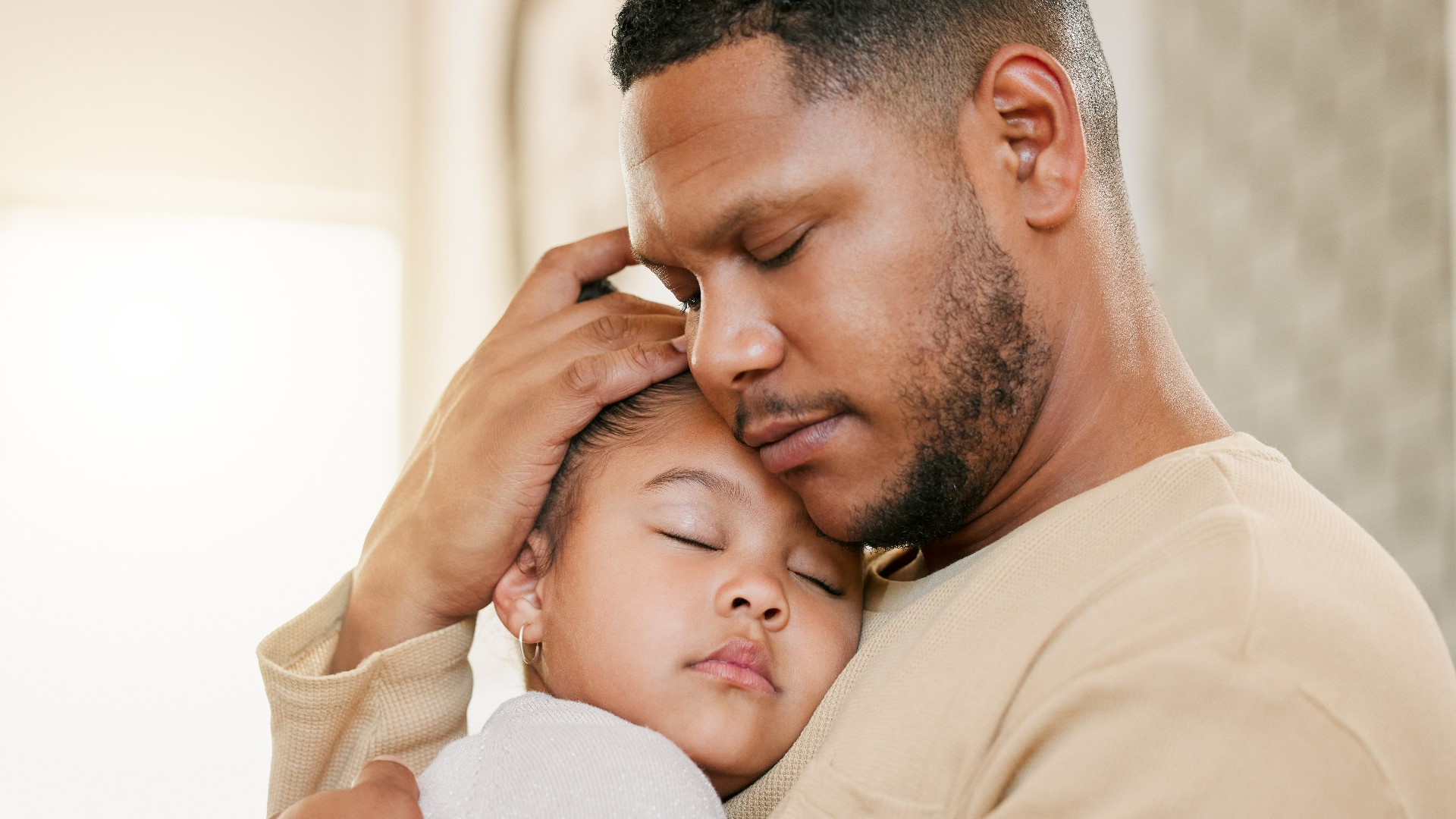GUILFORD COUNTY, N.C. — This time of year we hear a lot about getting a flu shot and COVID-19 vaccine. However, there’s another respiratory condition vaccine that moms-to-be, parents of young children, and seniors need to know about RSV.
Cone Health's Pediatric Intensive Care Unit Medical Director, Dr. Michael Cinoman shared some differences between RSV, the flu, and COVID.
What is RSV?
RSV is a common respiratory virus that causes mild, cold-like symptoms. Most people recover in a week or two, but RSV can be more serious in infants and older adults. Cone Health recorded a high volume of RSV cases in children last year.
Right now, RSV vaccines are approved for adults 60 and older and pregnant women. There isn’t currently an RSV vaccine that can be given directly to children.
Be sure to talk to your doctor about an RSV shot if eligible.
How does RSV differ from the flu and COVID?
While COVID and the flu are very contagious and can affect everyone, RSV can cause serious issues for babies and older people with health problems. People with RSV often experience lots of wheezing. Someone with RSV is also rarely fatigued, as someone with COVID or the flu would be.
Rarely do people with RSV experience aches or a sore throat with COVID or the flu. Not to mention, a loss of smell is something that can occur more often when a person has COVID-19, according to the
What are the health risks/concerns with RSV in infants and young children?
Infants and young children are in the boat for a higher risk of severe RSV. RSV is known to cause more severe infections, such as bronchiolitis and pneumonia. In some cases, infants younger than six months may need to be hospitalized, and in more severe cases, they may require additional oxygen or IV fluids.
Can RSV vaccines be given at the same time as a flu shot or COVID-19 vaccine? Or do you recommend getting it separately?
According to the CDC, the RSV, COVID-19, and flu vaccines can be administered at the same time. It is recommended that you get all the vaccines as soon as possible, but it is okay if you make separate visits to get the vaccines.
It's always recommended that you talk to your healthcare provider about questions you have regarding these vaccines.


